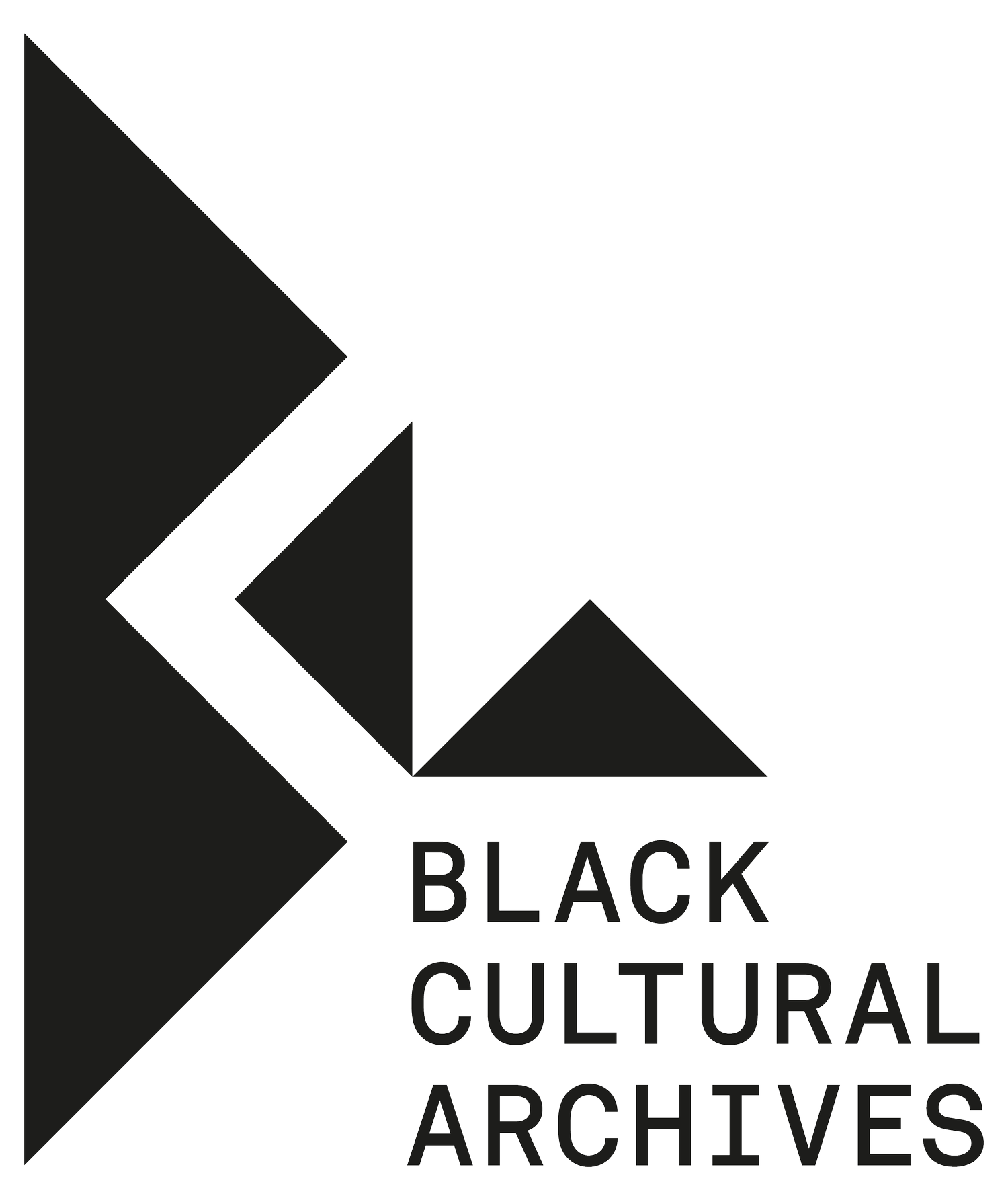"I was the first person of African heritage to become a professor of history in Britain, which shows that we have a long way to go"
Acclaimed Academic and Historian, Hakim Adi, has dedicated his life to make sure our stories are told. He is currently a Professor of History at the University of Chichester and specialises in Africa and the African diaspora. He’s written a number of books including West Africans in Britain , Pan-Africanism and even a book for you people entitled, The History of the African and Caribbean Communities in Britain. His latest work, Black British History, are a series of essays from a number of academics charting our history right up until the modern day.
We had a chance to speak to Hakim about how Black British History came about ahead of his sold out launch event at BCA.
What did you want to be as a young man? What drew you into academia and history?
I started reading history books as a very young child. Indeed the first books I remember reading were about history. So that was my first love. However, it was not until I was about 14 that I was able to find my first books about the history of Africa and Africans.
From that time I wanted to be a history teacher in a school. So I went to study African History at university. Unfortunately when I left university I was rejected by all the teacher training colleges I applied to, including the Institute of Education. That led to unemployment and various part-time jobs. It became clear that the only way I could get to teach African History was to take a PhD and do so at university level.
I then spent 7 years studying for my PhD part-time and eventually manged to find a job. In short I was unable to pursue my career choice but as a failed teacher I then became a university lecturer. I was the first person of African heritage to become a professor of history in Britain, which shows that we have a long way to go
How did Black British History come into being? What do you hope people will learn from the book?
The book highlights some of the latest research from young and emerging scholars, most of them of African and Caribbean heritage. It includes research focusing on some four hundred years of Britain’s history from the sixteenth to the twentieth century.
So it includes a variety of topics from Africans in Tudor times to recent migrants from Zimbabwe. I also hope that it will show people how much there is to learn and research and encourage others, especially young people to study and research history.
Why was this work important to you?
It was important to have the book published for all the reasons in my previous answer. The chapters were originally presented a conference and so this publication makes this research available to a much wider audience. We need to do much more to develop this history and to engage and involve young people.
What would you say to someone interested in following your path in documenting our history?
Go for it! There are now many opportunities. We have established the Young Historians Project to train young people as historians https://www.younghistoriansproject.org/ There is also now a new online Masters Degree for those who want to train as historians https://www.chi.ac.uk/humanities/postgraduate/mres-history-africa-and-african-diaspora and many other opportunities. I’m always happy to give advice to anyone who wants to become a historian.
What's next for you and the book?
For the book, we will continue with the promotion and encourage people to read it. For example, it will be launched in Leicester when I give the Stephen Lawrence Research Centre’s Distinguished Lecture in October. I am sure that there will be many other such events.
For me the next thing is to complete the writing of my next book which presents the history of African and Caribbean people in Britain from the earliest times until the 21st century. That is a very important project that I’m working on at the moment. It will present all the latest research on the subject and be published by Penguin as soon as I’ve finished writing it. So look out for that.
Where can people find out more about you?
I’m very easy to find on social media or https://www.hakimadi.org/


